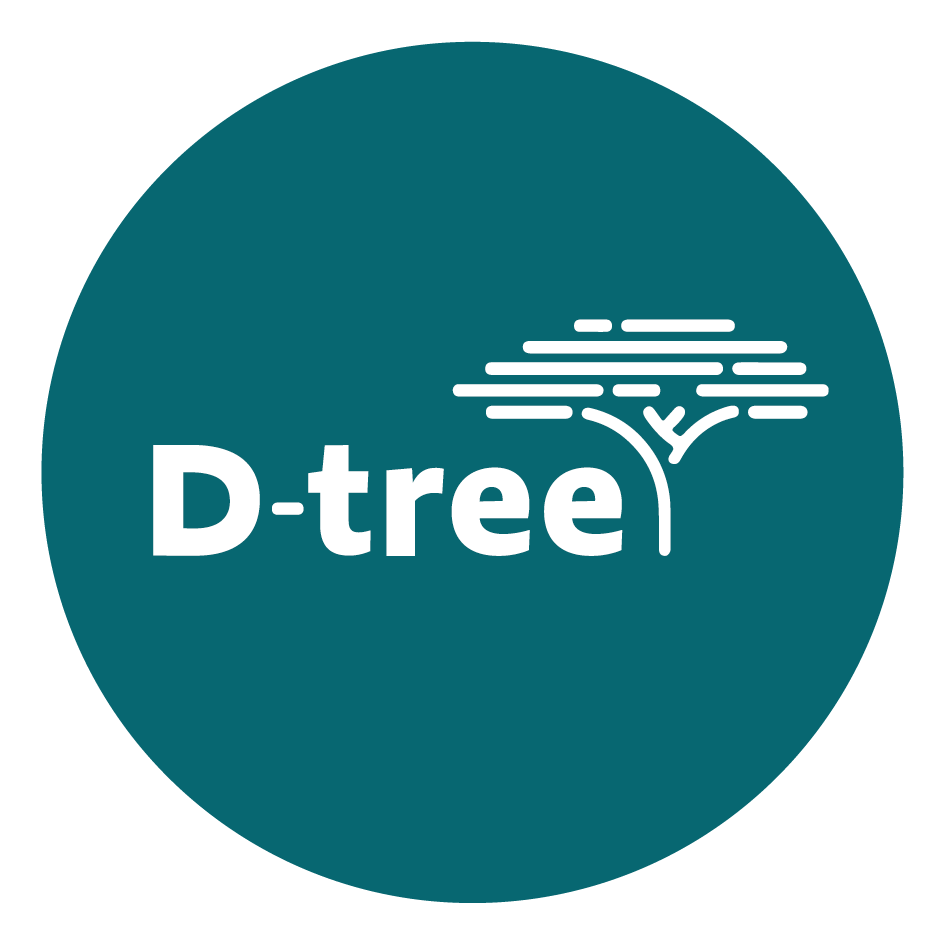From the 11-14th of March, the Regional East and Southern Africa Conference on Early Childhood Development took place, centering around investing in early childhood development and integrating it as part of a multi-sectoral approach into initiatives by governments and development partners.
We were excited to participate in the conference with a delegation of 12 people and conduct three presentations, showcase our work at our booth, and host a side event.
Our side event unpacked and explored how access to early childhood services can be increased by engaging with community health workers and leveraging digital technologies. With an incredible panel, consisting of Patma Ali Mati, a community health worker in Zanzibar, Dr.Tumaini Haonga, Ag. Assistant Director of the Health Promotion Section at the Ministry of Health in Tanzania, Lazaro Ernest, Programs Manager at Tanzania Early Childhood Development Network, Radhia Mataka, Early Childhood Development Trainer at the Ministry of Health in Zanzibar, Roland Van de Ven, Technical Director at Elizabeth Glaser Paediatric AIDS Foundation (EGPAF) and Eden Mathew, Senior Technical Advisor at D-tree, diverse perspectives were shared, united in a joint call to action to focus efforts on early childhood development towards strengthening health systems, driving sustainable investments and interventions, and creating scalable and sustainable change.
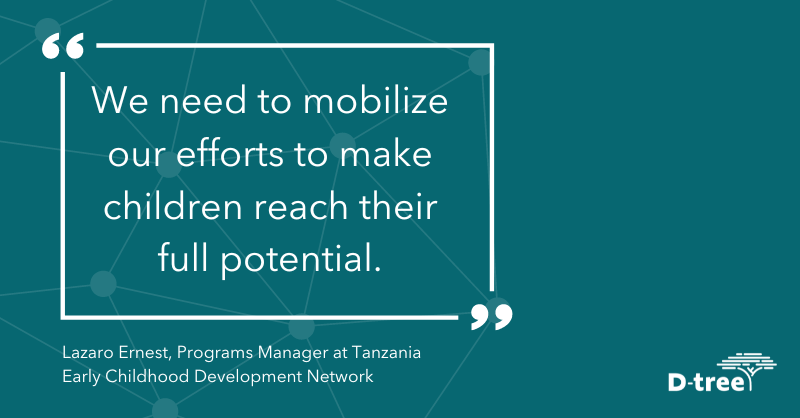
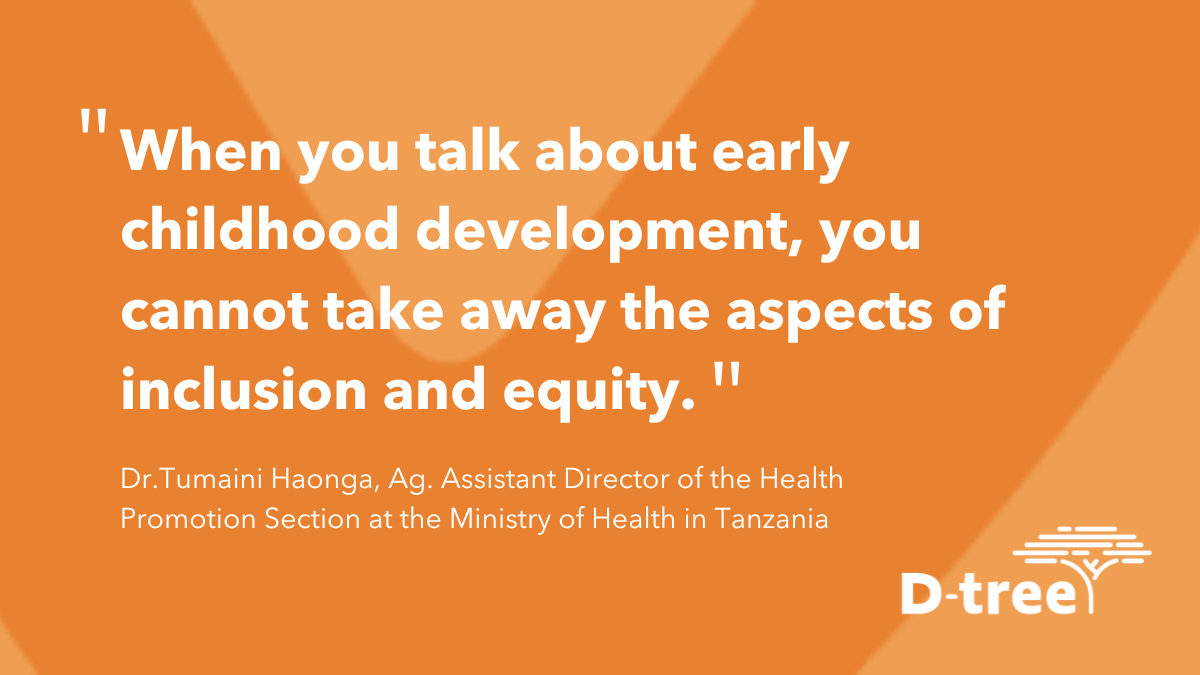
The panelists raised the importance of reaching all children with early childhood development services, but also the need to give more attention to children experiencing developmental delays, disorders, and disabilities. They agreed that service quality needs to be improved, but we also need to consider equity to reach all children and caregivers with the support they need. Roland Van de Ven shared his experience working with EGPAF in Tanzania, highlighting how the early childhood development space has changed since 2016 from when there was limited material available and how important data is to understand the challenges communities are facing. While the situation has improved and momentum and data on early childhood development have been created and increased, more efforts are needed.
Recognizing that digital solutions are no silver bullets but complement personal interactions, soft skills, attentive listening, and excellent communication, human design and building on existing structures can support making sustainable solutions. By supporting community health workers with digital support systems, D-tree is enabling a scalable intervention to deliver services to mothers, fathers, caregivers and children.
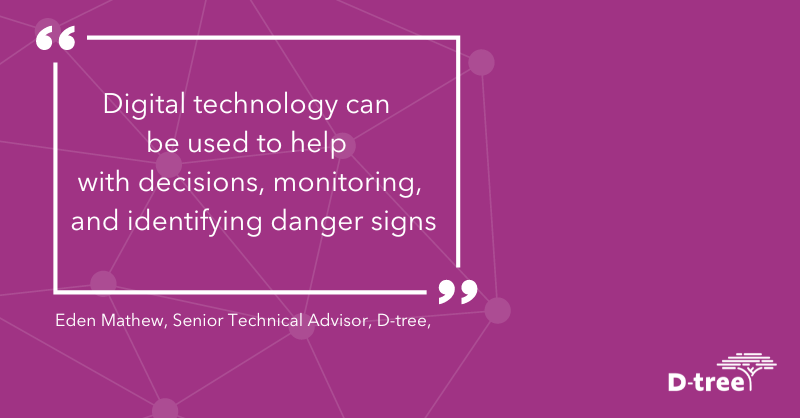
Patma Ali, a community health worker from Zanzibar, shared powerful stories from her work, showcasing and interacting with the audience on ways in which community health workers deliver play activities to caregivers. While she highlighted successes, for example, how fathers’ are becoming more engaged through her work, she also emphasized the need for community health workers to be adequately supported in terms of training, supervision, and compensation.
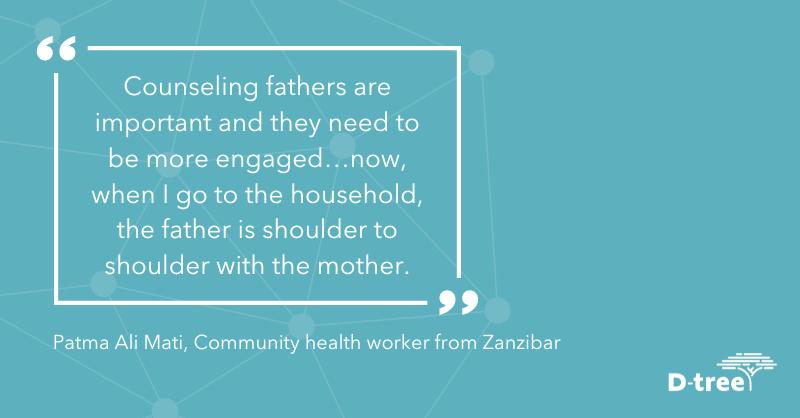
We feel energized, leaving the conference and having directly engaged with more than 400 people, all working for children’s rights to thrive. D-tree will keep working on making sure that every child can reach their full potential. If you want to stay up-to-date with our work sign-up to our newsletter.
